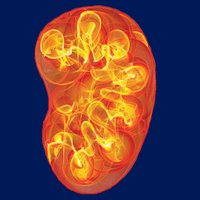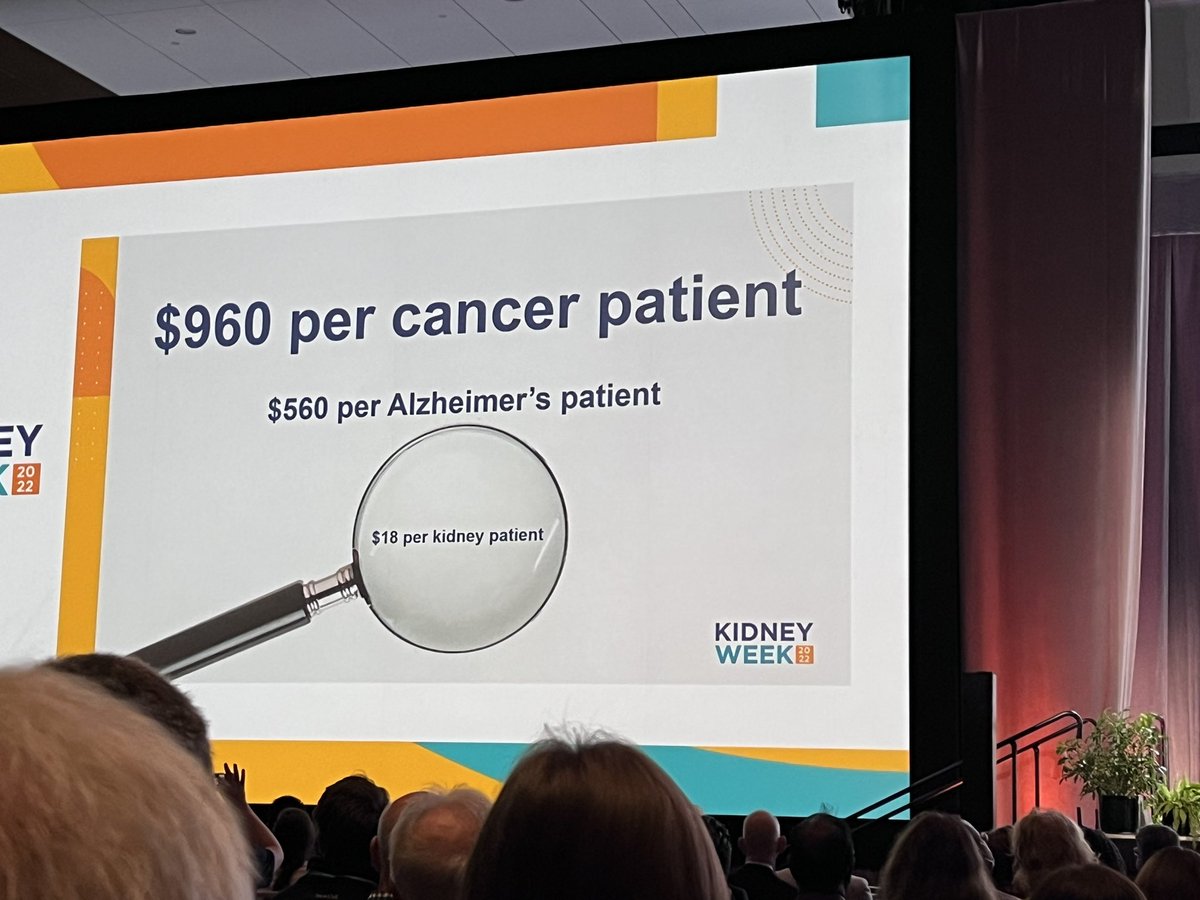
Patrick Pun, MD MHS FASN
@virtualpun
Nephrologist and Clinical Researcher at Duke University School of Medicine/Durham VA Medical Center
ID: 2359692024
http://virtualpun.com 24-02-2014 15:50:42
23 Tweet
399 Followers
16 Following

New research led by former Duke University School of Medicine student Sam Hofacker / MassGeneral Medicine intern Important racial disparities in CPR initiation observed in US dialysis clinics "Of all forms of inequality, injustice in health is most shocking and inhuman" Dr MLK Jr resuscitationjournal.com/article/S0300-…



.Patrick Pun, MD MHS FASN Duke Clinical Research Institute and colleagues in @CJASN Trends in Use and In-Hospital Outcomes of Subcutaneous Implantable Cardioverter Defibrillators in Patients Undergoing Long-Term Dialysis cjasn.asnjournals.org/content/early/…


Effect of Finerenone on Chronic Kidney Disease Outcomes in Type 2 Diabetes | NEJM. When it 🌧 sometimes it pours in the most positive way!! Another #win for the kidney community! can’t wait to check out the late breakers American Society of Nephrology #KidneyWk nejm.org/doi/full/10.10…

.Sam Hofacker Patrick Pun, MD MHS FASN and colleagues in Nephrology Nursing Journal Barriers and Facilitators to Performing Cardiopulmonary Resuscitation During Treatment in Outpatient Hemodialysis Clinics: A Qualitative Study pubmed.ncbi.nlm.nih.gov/33107712/





So excited to celebrate Vanderbilt Health WesElyMD & Brenda Pun for their Pioneering Spirit Award at #NTI2023 American Association of Critical-Care Nurses











